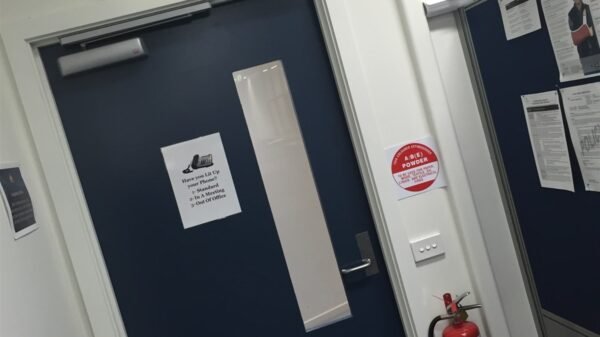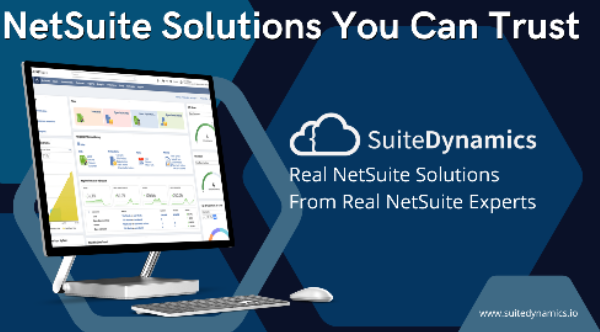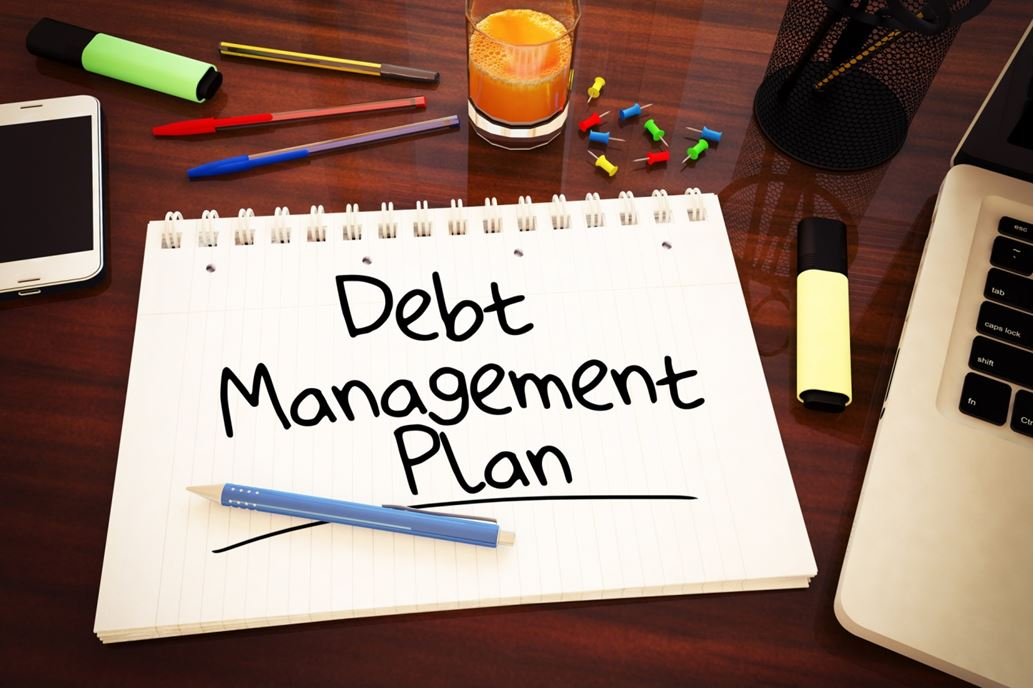Are you having trouble paying down your debt?
Credit cards and short-term loans can be some of the most tempting financial products. 83% of Americans own at least one credit card. However, it can often be easy to get carried away and find yourself drowning in debt.
How can you avoid this situation and take control of your financial health?
Today, we’re going to be taking a look at some advice for beginners on how to become an expert in personal finance. Specifically managing debt and increasing your wealth.
Let’s get started!
Set a Budget
One of the first things you need to do when you are managing debt is to create a budget. This will help you track your expenses and income so you can make informed choices about where to spend your money.
To create a budget, you will need to list out all of your income and expenses. Once you have this information, you can start to see where your money is going and where you may need to cut back. When you have a budget in place, you will be able to make better choices about your finances and get a handle on your debt.
Cut Back on Spending
One strategy for handling debt is to cut back on spending. This may require some lifestyle changes, but it will free up extra money to put towards your debt.
Review your budget and see where you can make cuts, such as eating out less, buying less expensive groceries, or cutting back on unnecessary costs. Once you have extra money each month, you can put this towards your debt. Make a plan to pay it off as quickly as possible.
Use a Debt Snowball or Debt Avalanche Method
There are two main ways to pay the debt off. The debt snowball method and the debt avalanche method. With the debt snowball method, you can start paying off your smallest debt first while making minimum payments on your other debts. Once your smallest debt is paid off, you put that payment toward your next smallest debt, and so on and so forth until all of your debts are paid off.
The debt avalanche method is similar. But instead of focusing on your smallest debt first, you focus on the debt with the highest interest rate first. You make minimum payments on your other debts and put any extra money you can toward the debt with the highest interest rate. Once that debt is paid off, you move on to the next highest interest rate debt, and so on and so forth.
Consider Debt Consolidation or Bankruptcy
Debt consolidation entails taking out a new loan to pay off multiple debts. This results in a lower monthly payment and a lower interest rate, but it does not eliminate the debt.
Bankruptcy, on the other hand, is a legal process that results in the discharge of some or all of your debt. It is important to understand the pros and cons of each method before making a decision.
Start Managing Debt Today
While managing debt can be daunting, it is possible to take control and master your finances. This guide provided some tips and tricks on how to get started. Use these techniques, and soon you’ll be on your way to a bright financial future.
Would you like to read more articles like this one? Search ‘finances’ on the website now.





























































